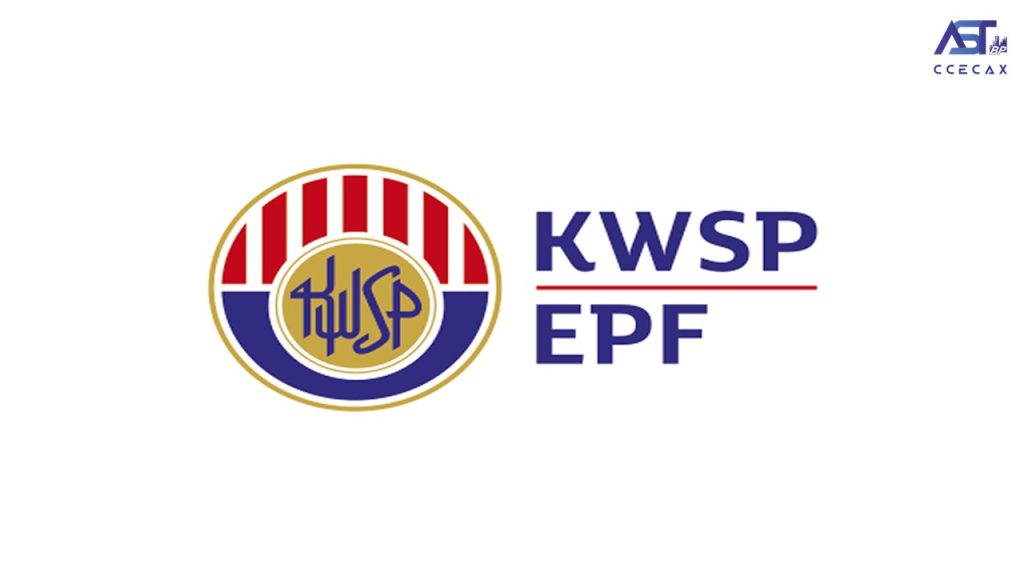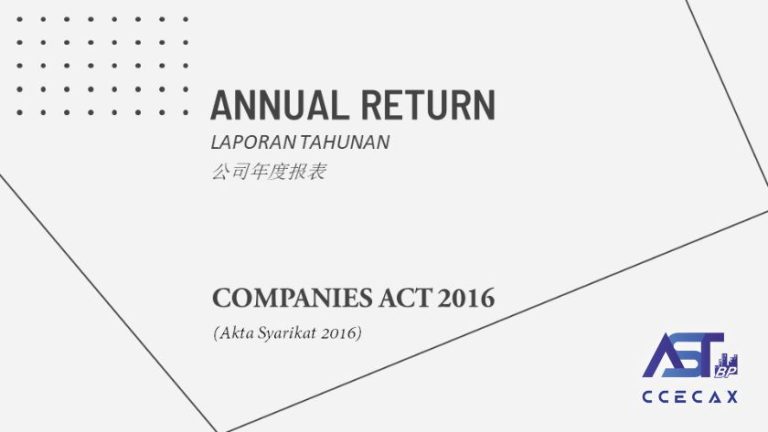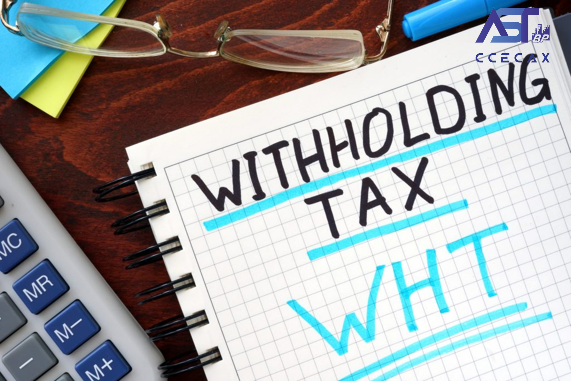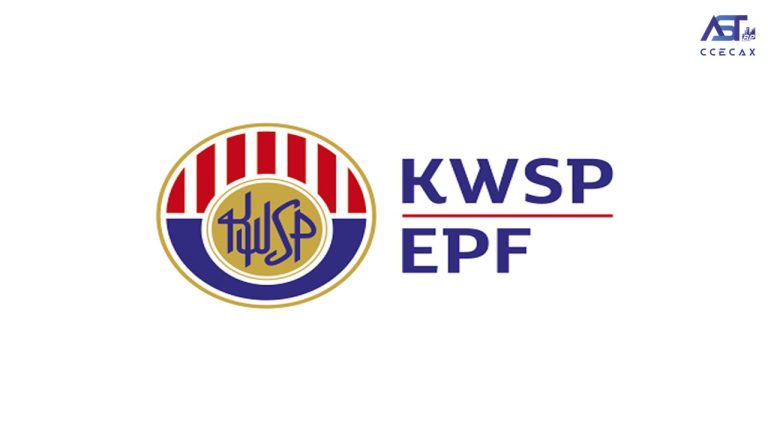Annual Return (AR)
April 5, 2024
bp-ast
ANNUAL RETURN (AR)
Under Section 68 of the Companies Act 2016, all incorporation of companies under Suruhanjaya Syarikat Malaysia are compulsory to lodge annual return.
OVERVIEW OF ANNUAL RETURN
Annual Return (AR) is a summary of all company’s information such as business activities, business address, registered office, particulars of Board of Company (Director(s) and Shareholder(s), company secretary(ies) and shareholders with its shareholding details in the company.
OBJECTIVE OF ANNUAL RETURN
By submitting Annual Return (AR), the stakeholders or investor of the Company aware that the company is doing operation at the anniversary or registered date for the year submitted. The information provided will usually assist the company’s stakeholders to form a general understanding about the company status and condition.
SUBMISSION OF ANNUAL RETURN
Appointed licensed Company Secretary or Company’s Agent are responsible to lodge the annual documents to the Registrar through MBRS platform. In addition, Companies must submit Annual Return (AR) for each calendar year due within 30 days from the anniversary of its registration or incorporation date in Malaysia.
FINE FOR NON-COMPLIANCE
Each Board of Company will be liable to a fine not exceeding RM 50,000. In the case of a continuing offence, a further fine not exceeding RM 1,000.00 for each day during which the offence continues after conviction.
Under Section 549 of the Companies Act 2016, failure to lodge Annual Return (AR) for three or more consecutive years, the Registrar have authority to strike off the company registration.
REMINDER FOR ANNUAL RETURN (AR) DATE
In BP Strategy Secretarial Sdn. Bhd., we will automatically remind our client on Annual Return (AR) due date. Our duty as Company Secretary to ensure that our client can have enough time to review and submit on time for company’s Annual Return (AR).




